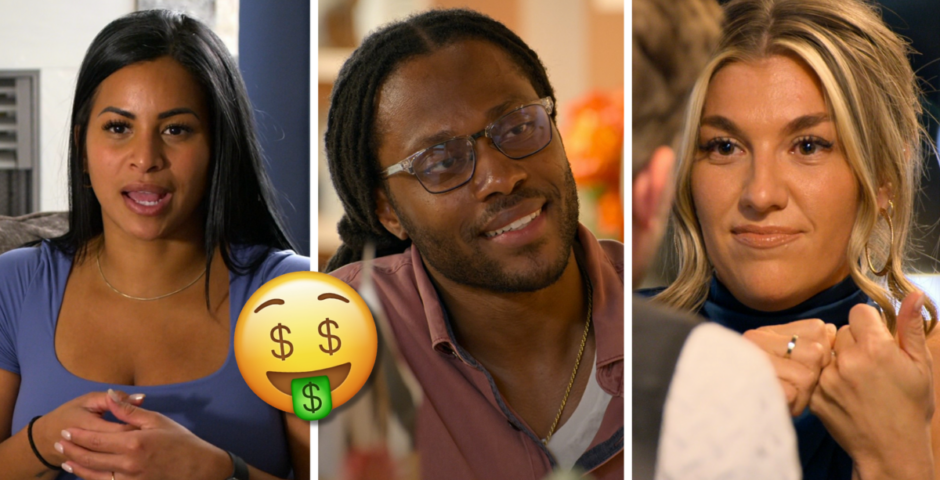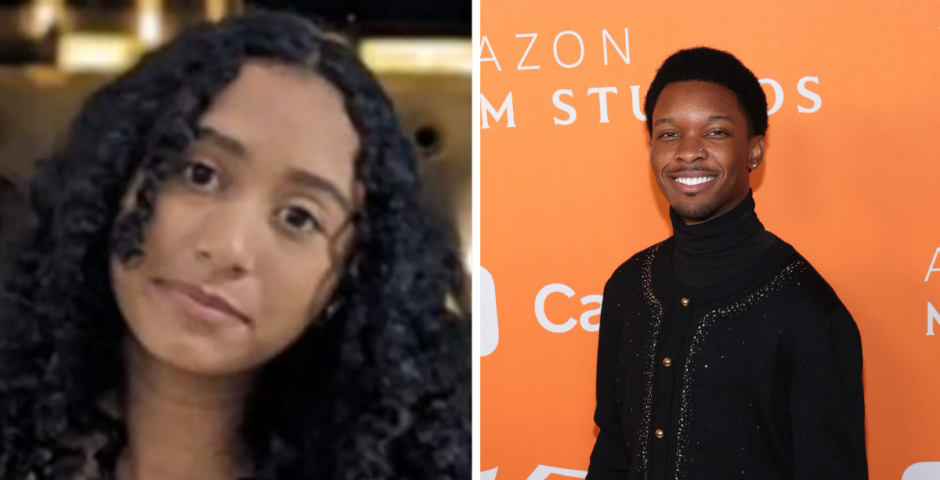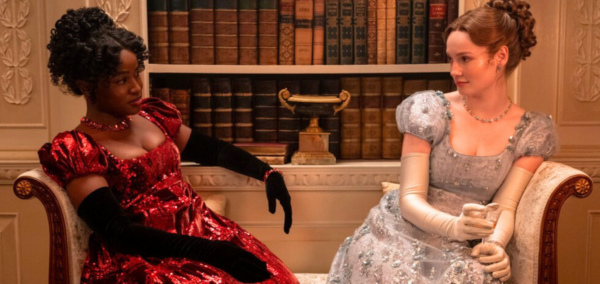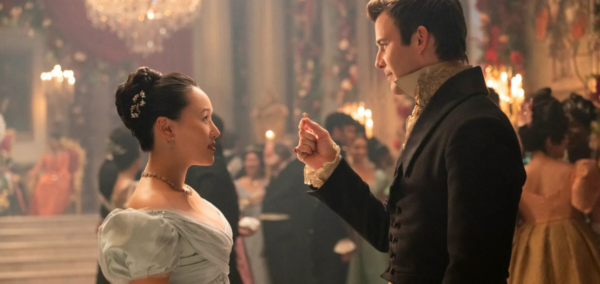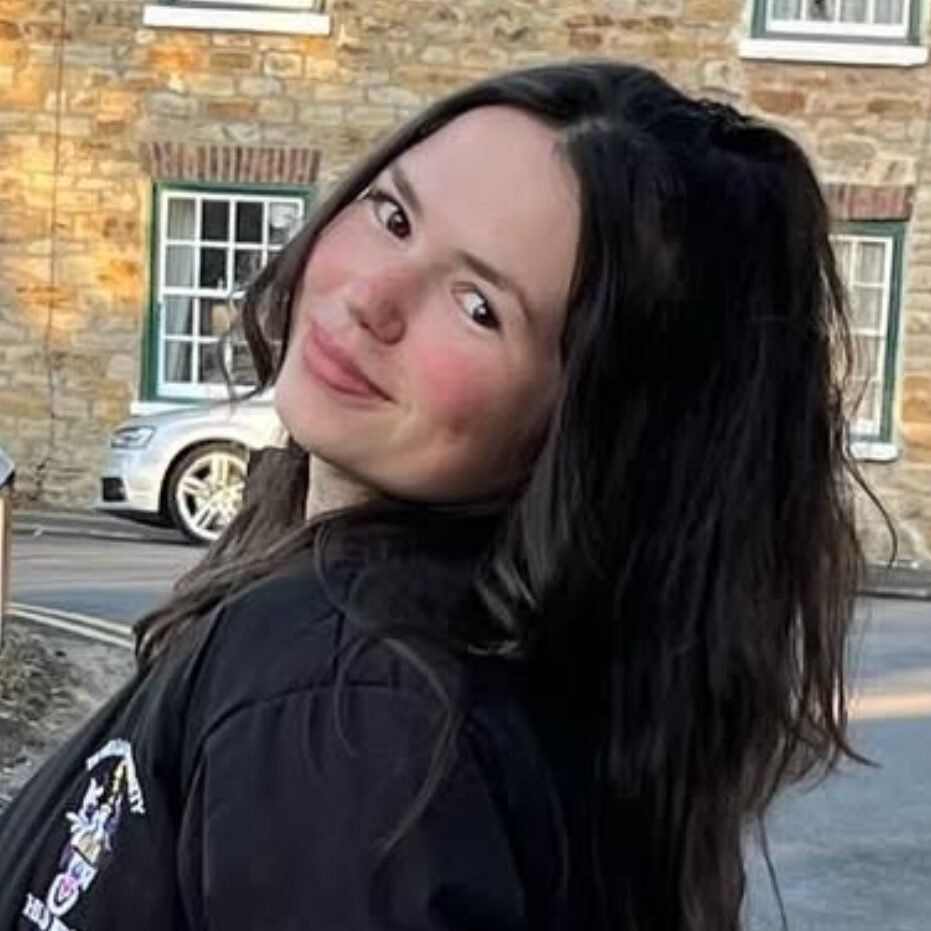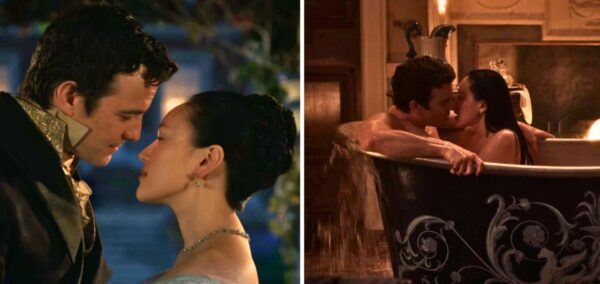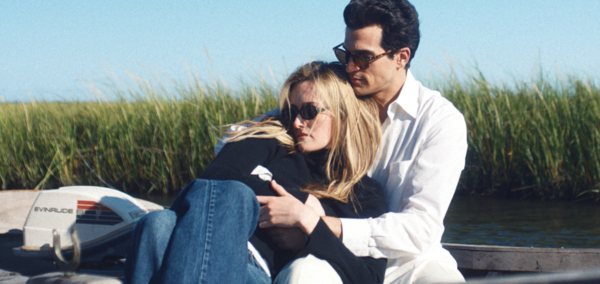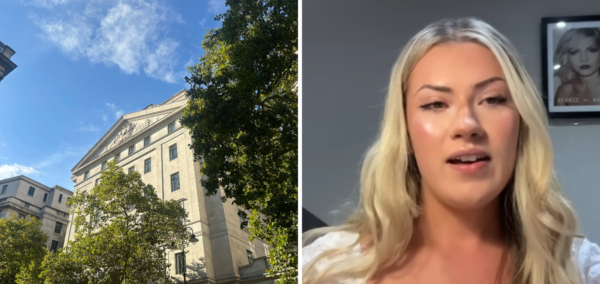
From racism to forgettable: Here are 15 of the most poorly aged Oscar Best Picture winners
The Academy really loves a white saviour in a car!
Officially, the 95 winners of the Best Picture Oscar is the jewel in the crown of the Academy of Motion Picture Arts and Sciences‘s annual ceremony. Still, sometimes, gemstones’ cultural shine can fade. A moment in cinematic time is often just that. Things such as changing relevance, social values, and so on all contribute to the creme de la creme eventually tasting slightly sour. Sometimes, it is not the movie’s fault, but sometimes, it should have been picked up at the time.
The conversation is currently heating up about who will take the crown this year after the 2024 Oscar nominations arrived. According to the runnings for this year’s top prize, it could go to American Fiction, Anatomy of a Fall, Barbie, The Holdovers, Killers of the Flower Moon, Maestro, Oppenheimer, Past Lives, Poor Things and the Zone of Interest. One of these winners will be named at the ceremony on March 10th at the Los Angeles’ Dolby Theatre. While we wait until then, it seems appropriate to keep the debate measured and remind you that winners in the short term don’t always mean winners in the long term!
Here is the ranking of 15th most poorly aged Best Picture Oscar winners.
15. The Last Emperor (1988 winner)
Have you ever heard of this Bernardo Bertolucci film, based on the 1964 autobiography of Puyi, the last emperor of China? I bet the answer is a resounding no, and I’m sure it’s really good with its cast of John Lone, Joan Chen and Pete O’Toole. It also won all nine of the Oscars it was up for. Its appearance is not really about its quality, but its legacy because do you know which other film it was up against? Moonstruck is the Oscar-winning turn of actual Cher and the weirdest rom-com lead, Nicolas Cage.
14. The Hurt Locker (2009 winner)
This 2008 film, directed by Kathryn Bigelow, starred Jeremy Renner and is considered to be one of the best war movies of the era. It could be because Hollywood loves this genre, or the stress of a warzone does provide a lot of scope for character development. However, it is now considered to be quite sensationalist and part of that other thing that Hollywood loves: the industrial war machine.
13. Shakespeare In Love (1999 winner)
This 1998 John Madden historical romantic comedy gave my queen Gwyneth Paltrow a Best Actress Oscar (which she claims that she uses as a doorstop). Still, it just doesn’t have the staying power of its fellow nominees like Steven Spielberg’s war epic Saving Private Ryan. Also, all the allegations about Harvey Weinstein’s behaviour concerning this film give it a bad taste.
12. The King’s Speech (2011 winner)
This 2010 Tom Hooper film has no cultural legacy! It feels like nothing, says nothing and is just more twee British filmmaking with Colin Firth! I don’t need my twee British filmmaking with Colin Firth to be Oscar bait. I need him in absurdist masterpieces like Mamma Mia 2: Here We Go Again.
11. The Greatest Show On Earth (1953 winner)
This 1952 movie, directed by Cecil DeMille, is only remembered by niche film bros who refer to it like niche film bros do. A prime example of this is Steven Spielberg in his semi-autobiographical film The Fablemans. The consensus was that High Noon should have taken the top spot that year. Still, the raging anti-communist blacklisting going on probably cost its director Fred Zimmerman because he had worked with the controversial Carl Foreman.
10. Gone with the Wind (1940 winner)
This 1939 David O. Selznick picture brought to life the Margaret Mitchell book of the same name and made Hollywood legends out of Vivien Leigh and Clark Gable. However, it’s one of those films, no matter how hard they tried, you can’t shake how racist it is. The original text was pruned to fashion something Hollywood progressives might like (they took out all the direct references to the Klu Klux Klan). A beloved classic to this day, till the trope of the happy enslaved person is just not really forgivable.
9. Crash (2006 winner)
This Paul Haggis crime drama was the talk of the town back in 2005 with its ensemble cast of reading like a who’s-who of 00s Hollywood, including Sandra Bullock, Don Cheadle, Matt Dillion and Brendan Fraser. However, its shine has not remained for nearly 18 years since the Academy gave it the top gong. I think this point is exemplified by its Best Picture nominee neighbour, the truly ground-breaking Brokeback Moutain, which allowed for so many other LGBT+ stories to come to the screen over the years. This film, which starred Jake Gyllenhaal and the late Heath Ledger, arguably paved the way for Call Me By Your Name, Saltburn and All Of Us Strangers.
8. Green Book (2019 winner)
This Peter Farrelly film appealed to the stereotypical Academy board member and voter with its absolutely tired white saviour syndrome trope. Viggo Mortensen and Mahershala Ali might have been charming, but to have it lose out to the BlacKkKlansman and Black Panther was a bit on the nose. Any of the other choices, either Bohemian Rhapsody, The Favourite or Vice, would have been better too (I need to be serious and say deffo, not the Freddie Mercury biopic).
7. Dances With Wolves (1991 winner)
This 1990 film featured production, direction, and a starring role for Kevin Costner. It also had aged poorly on two counts. Firstly, it’s another one of those White Saviour tales that Hollywood loves. Secondly, for being in the same Best Picture category as Goodfellas.
6. How Green Was My Valley (1942 winner)
This 1941 John Ford epic was prime Academy material, and there’s nothing really wrong with it. It centred on the lives of coal miners in South Wales. It was based on a 1939 novel of the same name by Richard Llewyen, so it makes sense it was picked at the time. Its irrelevancy comes not from its quality or really anything it did wrong. Its legacy is just overshadowed by its runner-up, Orson Welles’ classic Citizen Kane.
5. CODA (2022 winner)
This 2021 film was written and directed by Sian Heder and told the heartwarming story of a girl who had to choose between attending music school or helping out with her Deaf parent’s family business. While a feel-good win, I think, at least two years on, it probably will fade into a footnote even for those with an Apple TV+ subscription. Its competition included West Side Story, Belfast, Licorice Pizza, Due and The Power of the Dog, so maybe it was just not a good year.
4. Out of Africa (1986 winner)
This 1986 Sydney Pollack-helmed movie starred the dreamy Robert Redford and got average reviews from critics during its 1985 release. With its underdeveloped African characters and long-run time, it hasn’t really gotten any better with hindsight. One could argue that anything with Mother Meryl Streep is good by association, however that doesn’t really stand up to any scrunity. Its averageness is fully cemented by knowing the gong should have gone to The Colour Purple, the film that year which was given 11 nods and took home nada.
3. American Beauty (2000 winner)
Sam Mendes’ 1999 debut feature might have gotten tongues wagging for its very scandalous subject matter of a mid-life crisis adman becoming obsessed with his teenage daughter’s best friend, played by Mena Suvari. Now, it just leaves a poor taste in your mouth with all the sexual assault allegations surrounding its star, Kevin Spacey. While legally he has been cleared of any wrongdoing, there are still worries about how much art did life.
2. Driving Miss Daisy ( 1990 winner)
This 1989 spiritual predecessor to Green Book was directed by Bruce Beresford and starred Morgan Freeman as the ferrying of the titular character, played by Jessica Tandy. Its aspartame message of being nice to your oppressor will get you seen as human, which is another winning formula to doing well at Hollywood award shows, and really, let’s never do it again. To add insult to injury, it lost out to Spike Lee’s Do The Right Thing, a dramedy all about racial tensions in Brooklyn.
1. The Blind Side (won in 2010)
This 2009 film, directed by John Lee Hancock, is now marred by scandal. When it debuted, it was touted as a happy story of a matriarch of a rich white family, Leigh Anne Tuohy (played by Sandra Bullock in an Oscar-winning turn), taking Black teen Michael Oher under her wing and helping him get into college to play American football. However, based on the Michael Lewis book of the same name, the story took another turn when it was revealed that the family – who once featured on an episode of Below Deck ICYMI – didn’t actually adopt him. Instead, they are alleged to have placed him under a conservatorship ala Britney Spears and have been profiting off him ever since. However, if this is found not to be the case, it’s still ANOTHER white saviour number.
Related stories recommended by this writer:
∙ I’m not perfect, but I am proud to be who I am’: Selena Gomez claps back at body shamers
∙ ‘Anything for money’: Kim Kardashian slated for Balenciaga deal after *those* BDSM pics
∙ Barbie, Oppenheimer and Poor Things: Here are all the 2024 Oscar nominations
Picture credit via The Blind Side


